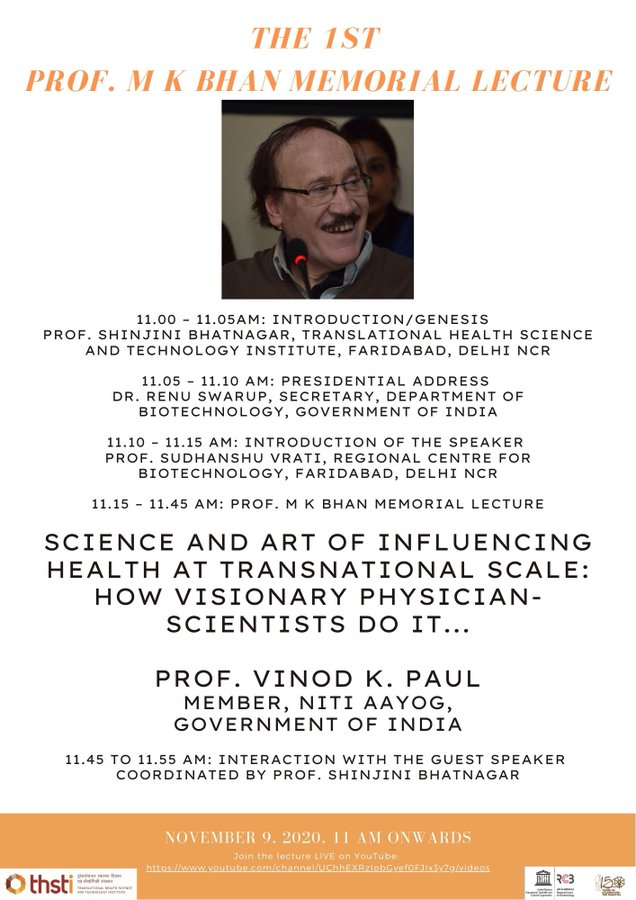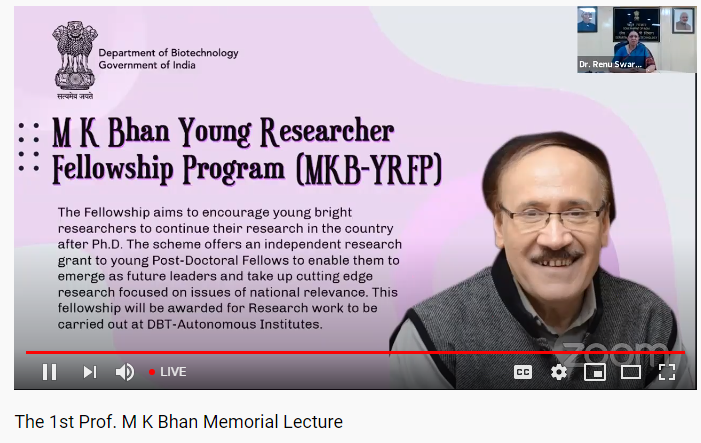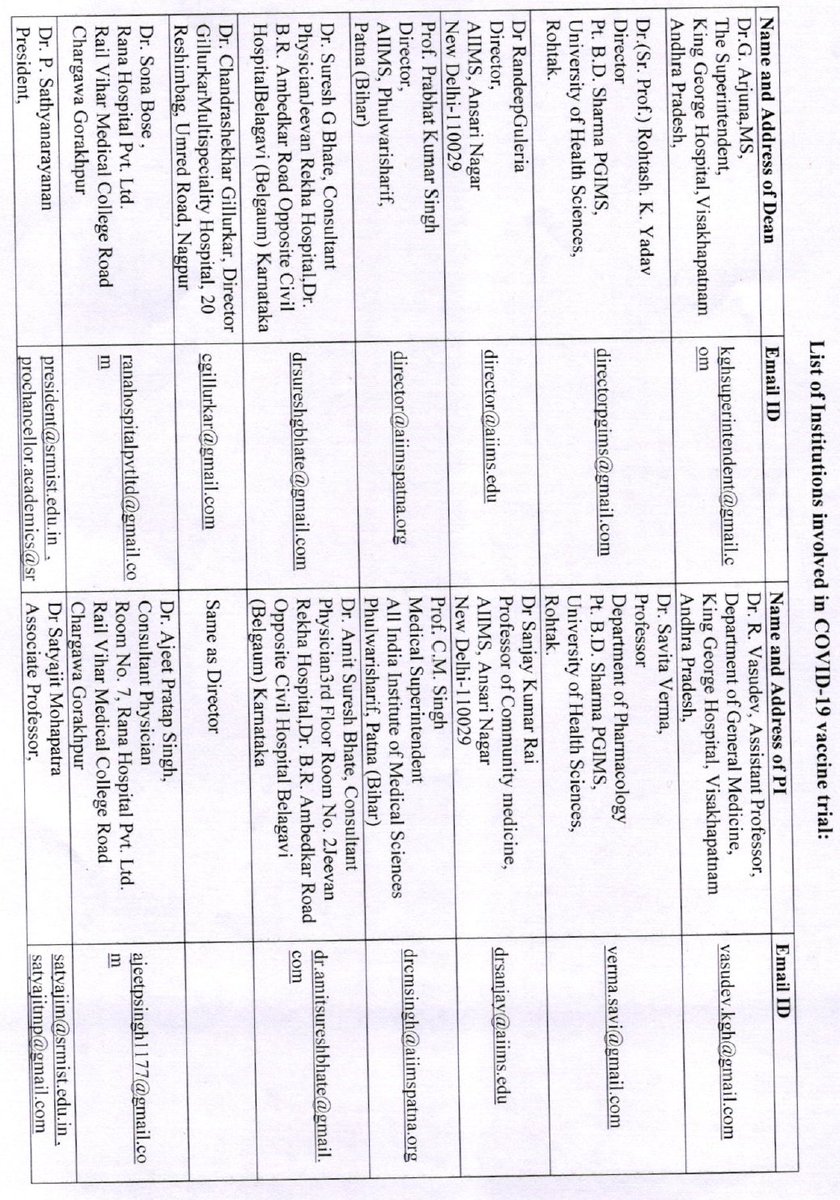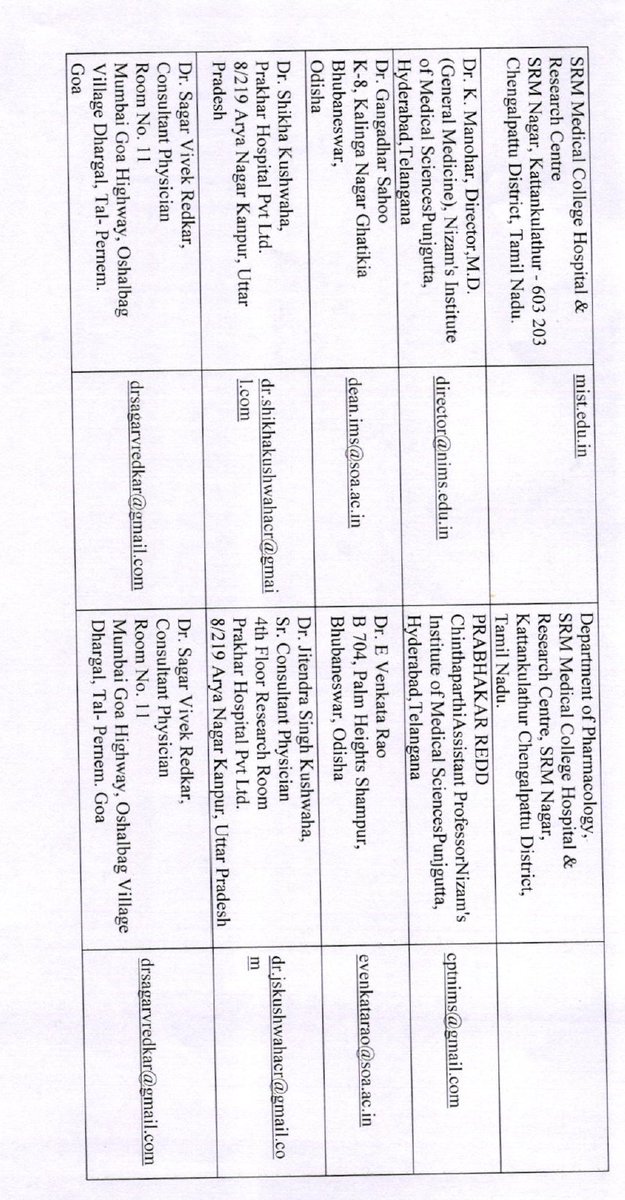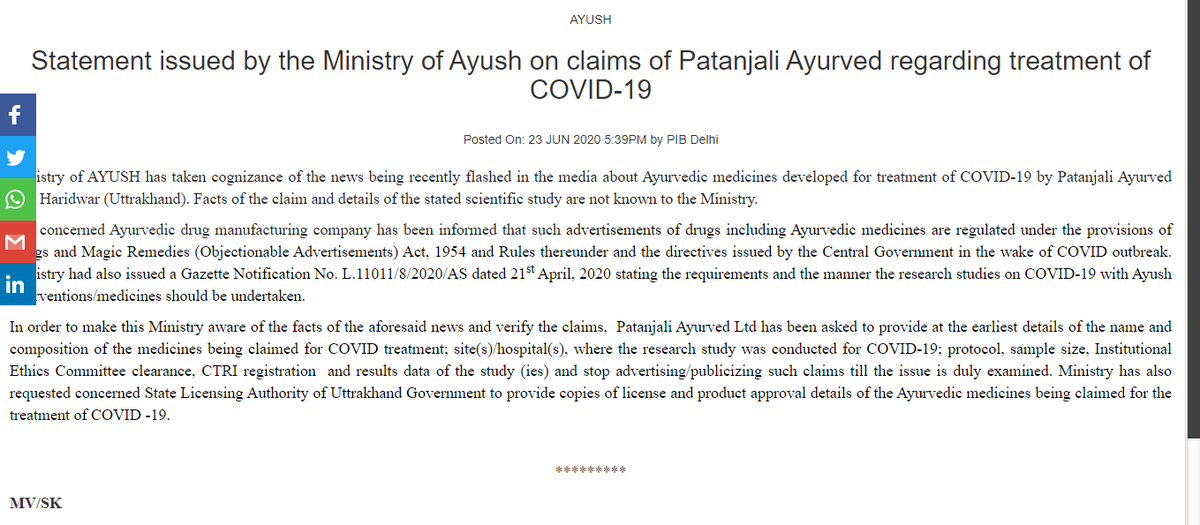
Story by @RemaNagarajan highlighting how C-sections "are the new normal" in terms of deliveries in the private sector in many states, with the highest in West Bengal (83%) and J&K (82%)
#LSCS #womenshealth
Data from NFHS-5
#LSCS #womenshealth
Data from NFHS-5

Incidentally, the proportion is also relatively high in the public sector, though not as high as the private sector.
Also, there has been a rise in both private and public sectors since NFHS-4
Also, there has been a rise in both private and public sectors since NFHS-4
However, in contrast, there are states like Bihar where the caesarian rates in the public sector are under 10%
Overall encouraging evidence on institutional births increasing across the board.
Overall encouraging evidence on institutional births increasing across the board.

• • •
Missing some Tweet in this thread? You can try to
force a refresh

